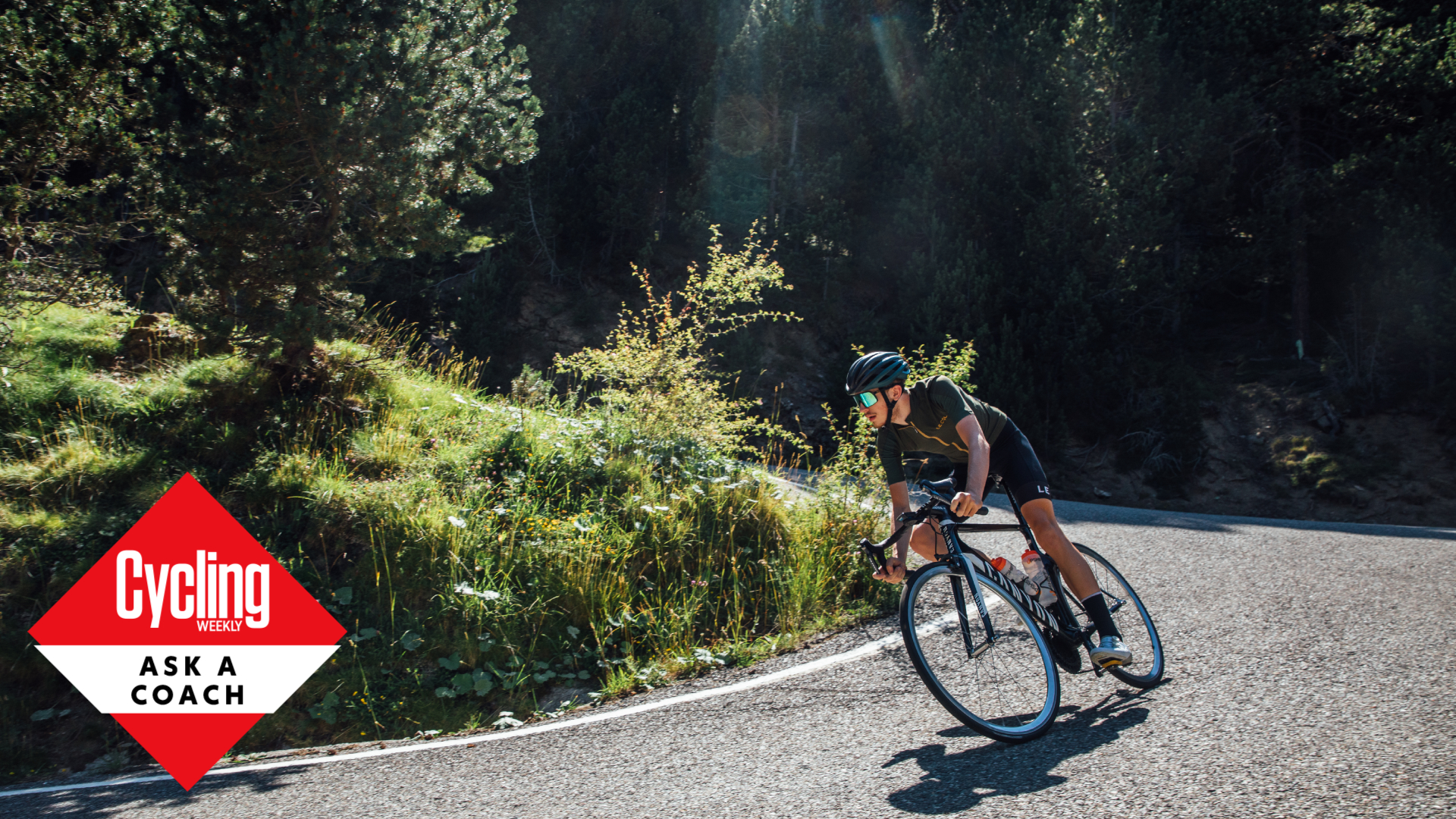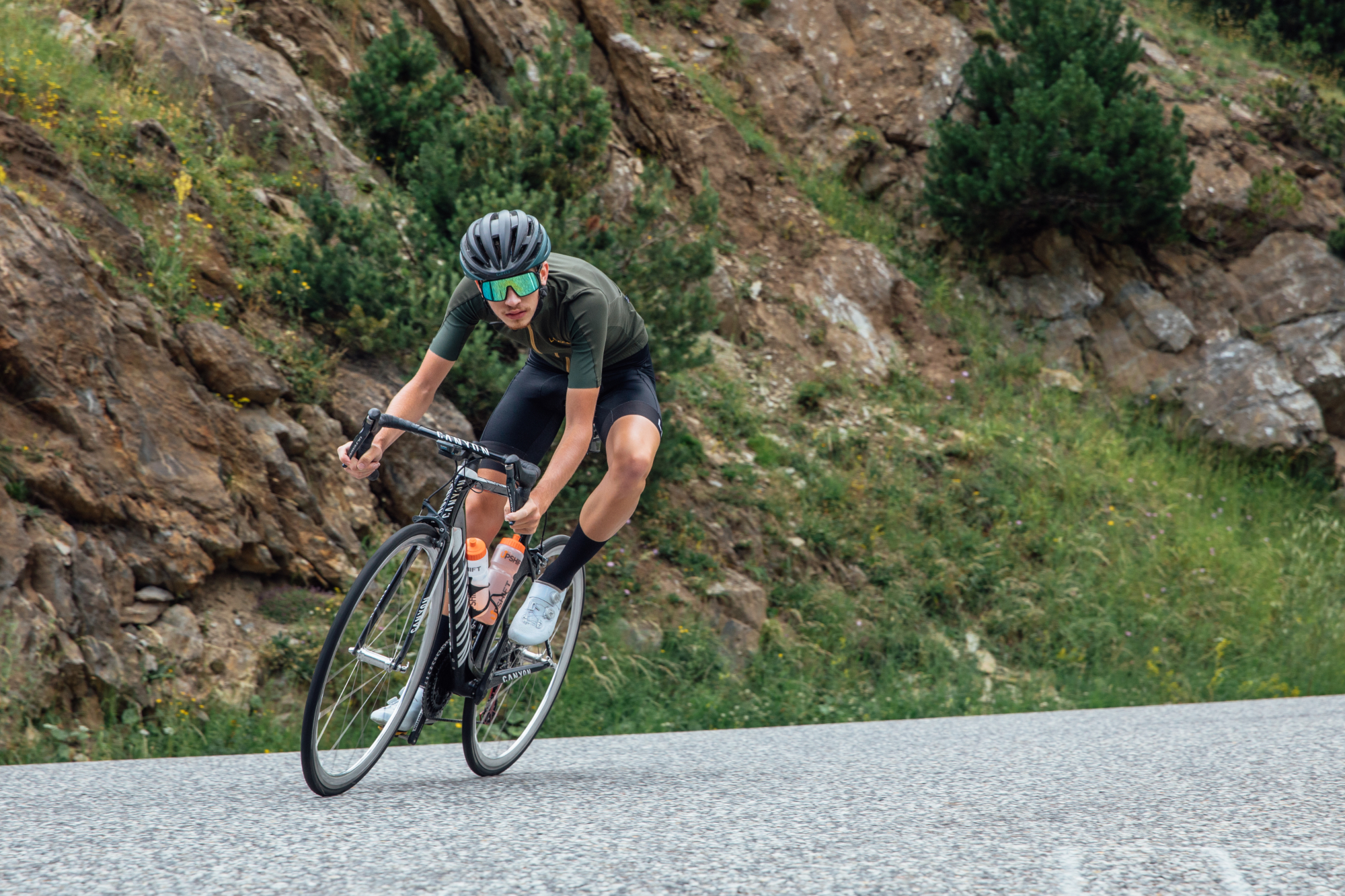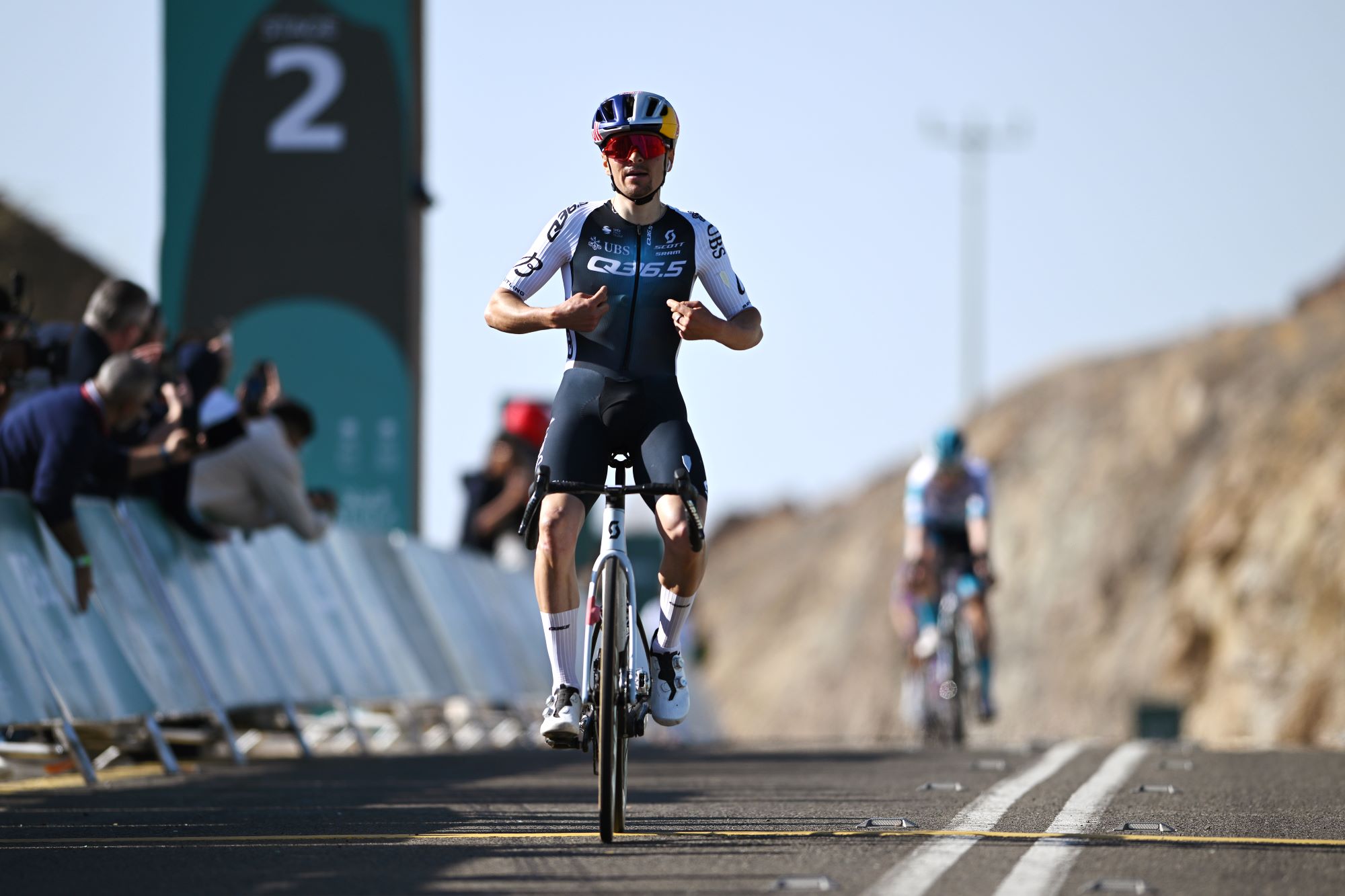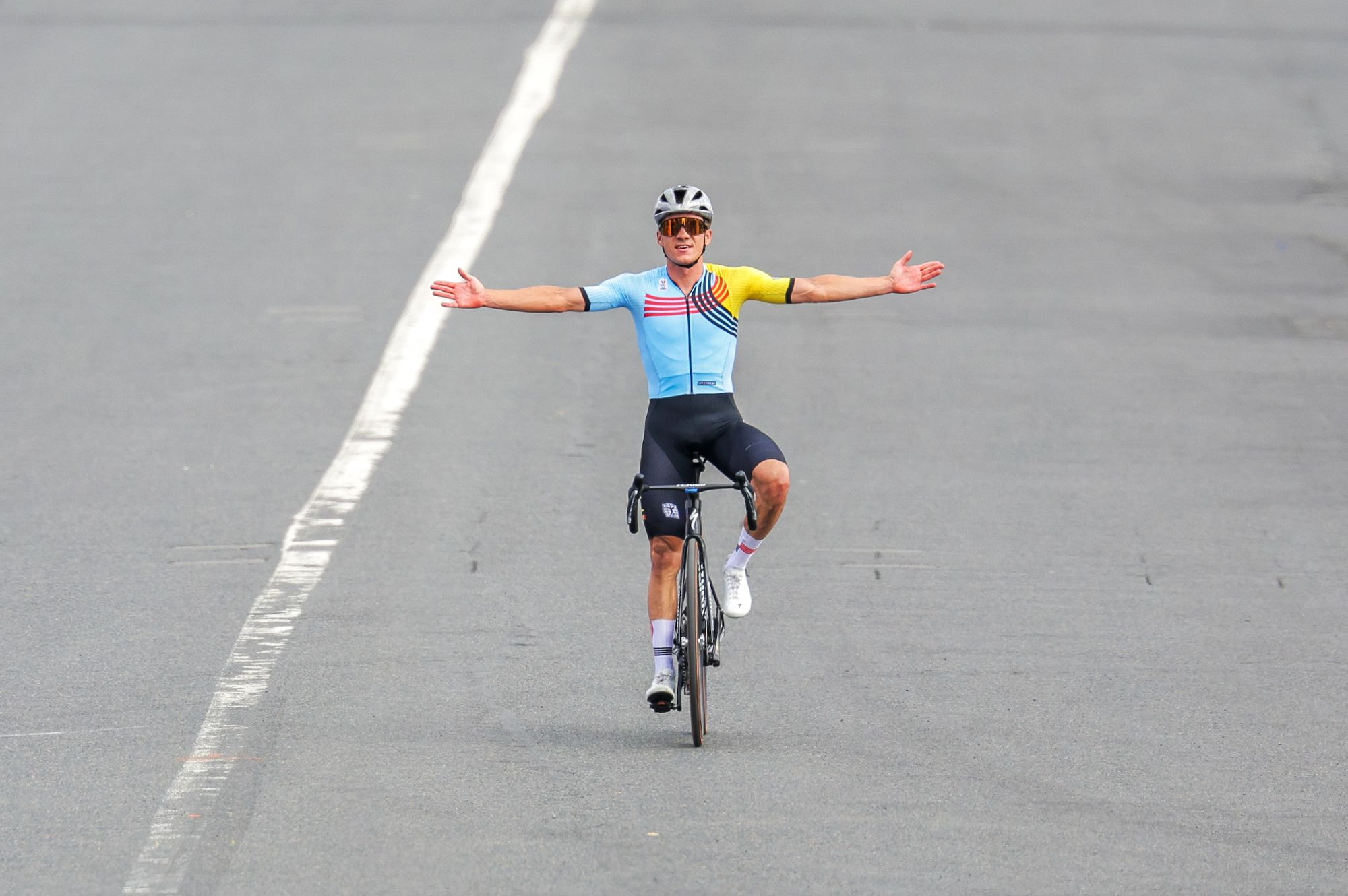Ask a coach: 'My hands and arms get tired on descents, how can I avoid this?'
What goes up must come down - here's how to stay comfortable on the descents as well as the climbs


Cycling is as much about going downhill as uphill. Whereas the uphill is defined by the physical effort the downhills are all about skill. We spend a lot of time as cyclists working on the physical aspects, however, do we need to spend more time working on the technical? Cycling coach James Spragg runs through what you need to consider to prevent arm and wrist pain while descending, and, as part of this, improve your confidence and speed on descents.

Sports scientist and coach James Spragg is one of the experts who will be answering your questions in Cycling Weekly's ASK A CYCLING COACH series which comes out every Wednesday. Working both in research and applied settings, he currently runs Intercept Performance Consultancy.
Why do my arms and hands get tired on descents?
If your hands and arms are getting tired while descending, then you are most likely simply too tense on the bike. Bracing the handlebars with your arms and gripping the bars tight with your hands is going to be tiring after a few moments… the irony is that it is certainly not helping your descending and also prolonging the agony as you are probably not descending as quickly as you could be.
How to avoid arm and wrist pain on descents

The one thing you need to do is relax! Great advice I know – shouting ‘RELAX!’ at cyclists as they nervously descend isn’t ging to help. So here are a few things that will hopefully achieve results.
1. Build confidence
If you are not confident, then you will struggle to relax as you descend. Confidence is one of those things that takes years to build and moments to shatter so the key is to build up very slowly yet consistently.
To build confidence you need to have it as the focus of a proper training session. Ride to a descent that you feel is low risk and that you can descend at a relatively slow speed. Now ride up and down that climb over and over – focus not on the physical effort of riding uphill but instead focus on getting to know the descent.
Where are the corners? Are there any potholes to avoid? The process of repetition will help what was once scary and intimidating become normal.
Get The Leadout Newsletter
The latest race content, interviews, features, reviews and expert buying guides, direct to your inbox!
Once you are feeling confident on one descent progress onto the next, this one can be a little trickier or faster but not a massive step up. Repeat the same process but this time you will hopefully notice that the time it takes to get comfortable will be shorter. Repeat this process of getting comfortable and then moving onto the next climb over a few weeks and months. Suddenly you will be building up a library of different descents where you feel comfortable – this library of comfort is something you can call on in the future.
2. Get in the flow
Once you are starting to get more and more comfortable it’s time to try and automate some processes. Have you ever noticed that you do a particular task extremely well when you are in the flow but not quite as well when you try and force it? Getting in that ‘flow state’ can be tricky but there are things you can do to help. One thing that always worked for me personally was to have a go-to song that I would sing to myself (in my head, not out loud, but you do you) as I went down tricky descents. I associated this song with confidence and speed and it would help me get in the right mindset to descend quickly without overthinking.
Conclusion
Descending is a skill that is all about confidence and being in the flow. To improve your descending, you need to practice it – it won’t just get better on its own. Treat it like any other skill and go out to improve it with a clear cycling training plan and goal in mind.

Thank you for reading 20 articles this month* Join now for unlimited access
Enjoy your first month for just £1 / $1 / €1
*Read 5 free articles per month without a subscription

Join now for unlimited access
Try first month for just £1 / $1 / €1
James Spragg is a sports scientist and coach, working both in research and applied settings. When not working with athletes James can be found skiing, climbing, cycling or drinking coffee!
Alongside Dan Lorang and Peter Leo, James runs Intercept Performance Consultancy. Over the last 8 years in various roles, as coaches, performance consultants, performance managers, and sports scientists, Dan, James and Peter have played a role in helping athletes achieve more than 10 World Championship titles, several Olympics medals (including a Gold and Silver Medal in Tokyo 2020) and several Top 5 results in some of the biggest sporting events on the planet (Tour de France, Olympics, World and European Championships). Our single focus is on improving performance in all settings.
-
 What does Q36.5 mean? We asked the people behind the Italian kit brand that sponsors Tom Pidcock's team
What does Q36.5 mean? We asked the people behind the Italian kit brand that sponsors Tom Pidcock's teamQ36.5's Luigi Bergamo and Lodovico Pignatti Morano take on Cycling Weekly's Q&A
By Tom Thewlis
-
 'If I were a tennis player then my career would be over': Remco Evenepoel contemplated early retirement after serious training accident
'If I were a tennis player then my career would be over': Remco Evenepoel contemplated early retirement after serious training accidentDouble Olympic champion was left with nerve damage and says his shoulder is not yet fully healed ahead of his return to racing at Brabantse Pijl
By Tom Thewlis